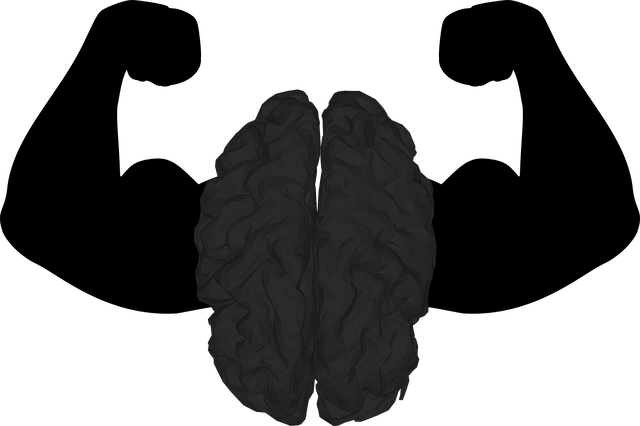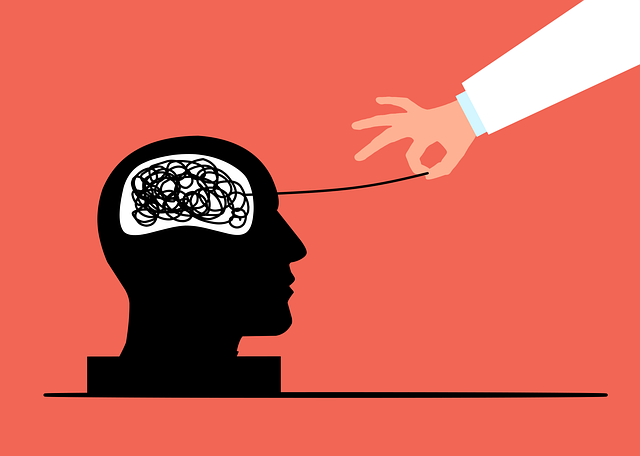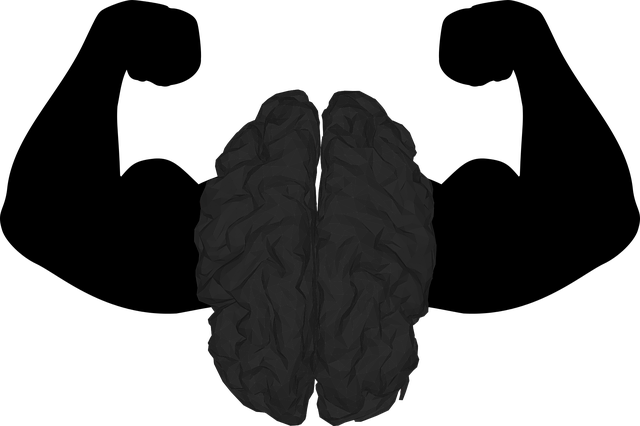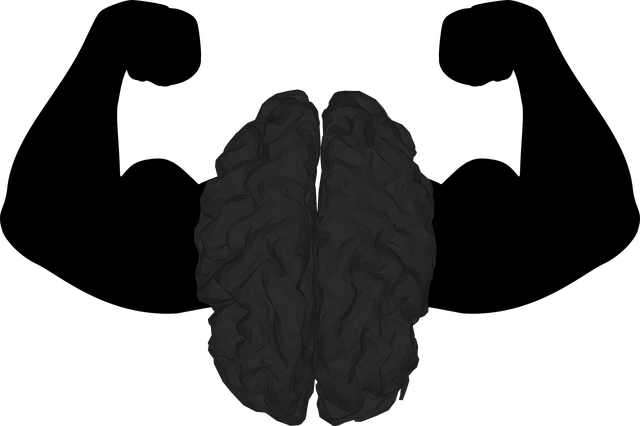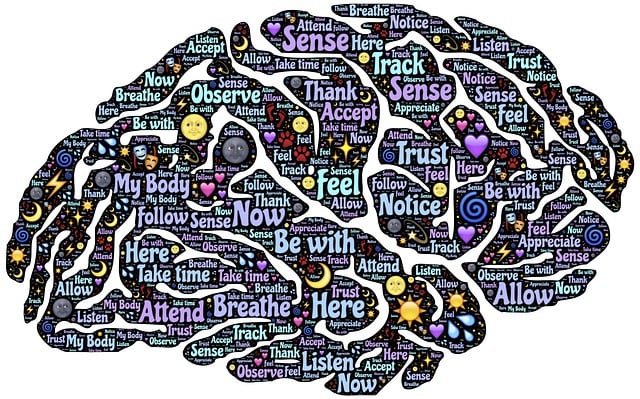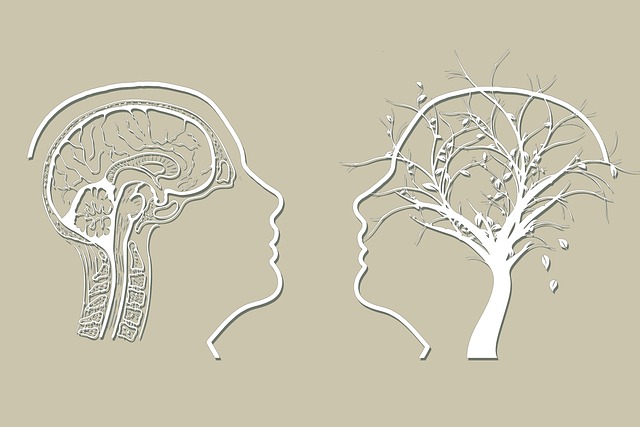Loss, grief, and bereavement are multifaceted emotional journeys that vary greatly among individuals, especially those with trauma or dissociative disorders like Wheat Ridge Dissociative Disorder Therapy (WR3T). WR3T combines evidence-based practices with empathy to help clients process deep emotions, reduce stress, and prevent depression. Counseling offers safe havens with various therapeutic approaches, including integrative therapy tailored for WR3T, to explore dissociation and develop emotional regulation techniques. Support communities and specialized therapy facilitate healing by providing resources, coping strategies, and culturally competent care that address diverse population needs.
Loss, grief, and bereavement are universal human experiences that can profoundly impact our mental health. This comprehensive guide explores these complex topics, offering insights into the various stages of healing. From understanding the unique challenges of trauma and dissociative disorders during bereavement to discovering effective counseling approaches, we delve into strategies for coping with loss. Additionally, this article highlights valuable resources for individuals navigating grief and seeking recovery from profound loss, emphasizing support systems crucial for healing in Wheat Ridge Dissociative Disorder Therapy.
- Understanding Loss, Grief, and Bereavement: A Comprehensive Overview
- The Impact of Trauma and Dissociative Disorders in Bereavement
- Counseling Approaches for Coping with Loss and Healing
- Finding Support: Resources for Navigating Grief and Recovering from Loss
Understanding Loss, Grief, and Bereavement: A Comprehensive Overview

Understanding loss, grief, and bereavement is a complex journey that involves acknowledging and processing deep emotions. Loss can manifest in various forms, from the passing of a loved one to experiencing a significant life change, such as job displacement or illness. It’s not simply about sadness; it’s a multifaceted process that includes denial, anger, bargaining, depression, and acceptance—a cycle unique to each individual.
Grief therapy plays a pivotal role in navigating these uncharted waters, offering support tailored to one’s specific needs. At Wheat Ridge Dissociative Disorder Therapy, we recognize the impact of cultural sensitivity in mental healthcare practice. Every client’s experience is shaped by their background and beliefs, which is why our approaches are adapted to foster a safe and inclusive environment. By combining evidence-based practices with empathy, we facilitate healing and provide effective stress reduction methods to cope with loss, helping individuals find hope and meaning again, even as they prevent depression from taking root.
The Impact of Trauma and Dissociative Disorders in Bereavement

Bereavement is a complex process, especially when trauma or dissociative disorders are involved. Individuals suffering from conditions like Dissociative Disorder Therapy in Wheat Ridge often experience unique challenges when dealing with loss and grief. These disorders can lead to dissociation from reality, causing individuals to feel detached from their emotions during bereavement. As a result, they might struggle to process and express their feelings, making the grieving process more intricate.
Mental Health Awareness emphasizes the significance of understanding these complexities. Empathy Building Strategies are crucial in counseling such individuals, as therapists aim to create a safe space for them to reconnect with their emotions. Through specialized therapy, clients can learn Emotional Regulation techniques, helping them navigate the turbulent waters of bereavement and foster a sense of healing and resilience.
Counseling Approaches for Coping with Loss and Healing

Counseling offers a safe space for individuals to process their grief and navigate the complex emotions that arise after a loss. Various therapeutic approaches can aid in coping with bereavement, promoting healing, and enhancing emotional resilience. One effective method is integrative therapy, which combines elements from multiple schools of thought. This personalized approach allows clients to explore different aspects of their experience, including dissociation—a common response to trauma or profound loss—using techniques tailored for Wheat Ridge Dissociative Disorder Therapy.
Stress management plays a crucial role in bereavement counseling. Therapists can teach coping skills development strategies to help individuals regulate emotions, reduce stress, and improve overall well-being. By fostering emotional intelligence, clients gain a deeper understanding of their feelings, enabling them to respond adaptively rather than reactively. Through these therapeutic interventions, individuals can develop effective coping mechanisms, heal from loss, and regain a sense of control over their lives.
Finding Support: Resources for Navigating Grief and Recovering from Loss

Navigating grief and bereavement can be an incredibly challenging journey, but finding the right support system is crucial for healing. Many communities offer resources tailored to help individuals cope with loss, including support groups, counseling centers, and online platforms. For those dealing with complex grief or dissociative disorders, specialized therapy like Wheat Ridge Dissociative Disorder Therapy provides a safe space to process emotions and develop coping strategies.
One aspect that enhances the effectiveness of grief counseling is cultural competency. Healthcare providers undergoing training in this area can better understand and address the unique needs of diverse populations. This includes incorporating Social Skills Training and Mood Management techniques, ensuring individuals from various backgrounds feel seen, heard, and supported throughout their healing process.
Loss, grief, and bereavement counseling are essential tools for navigating life’s toughest transitions. By understanding the unique challenges of each individual’s experience, therapists can provide tailored support using various effective approaches. For those in Wheat Ridge seeking help with dissociative disorders, specialized therapy can be a game-changer. Through comprehensive care that addresses both trauma and grief, individuals can heal and find new purpose after loss. Remember that accessing these resources is an important step towards recovery, and many supportive services are available to help you along the way.
